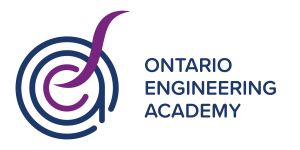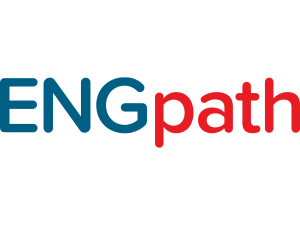Brought to you by the Ontario Engineering Academy, which provides learning tools and resources to advance engineers at all points of their careers.
As an engineering professional, you may be called on to share your knowledge or your organization’s specialized capabilities to people without your background and expertise. How can you be sure you’re getting your message across?
Effective writing requires more than presenting information and leaving it to the reader to understand and process it (or not). A Google search of “communication models” returns many images depicting the “sender-message-receiver-feedback” loop. The limitation of written communication is that “feedback” is often missing until it’s too late (e.g., your proposal gets rejected).
You can help focus your message by asking yourself a few questions:
Why are you writing?
Are you trying to effect change, persuade an investor, or win a proposal? Perhaps you’re trying to influence a policymaker or inform the public. Whatever your purpose, you need to be clear about why you’re communicating to ensure your message is well-defined and concise.
Who is your audience?
Who needs the information you’re providing? What’s their background? Are you writing for other engineering professionals or people who don’t have your depth of knowledge?
Is your language targeted at your audience?
If you’re addressing peers, it could be appropriate to use some jargon, acronyms, and industry-specific terminology. However, if you use that same language with people who don’t share your background, you’ll lose them or worse, turn them off your message. That’s why it’s important to define your audience before you start writing.
Keep in mind that unnecessarily complex words are a turn-off for most readers. Using 50-cent words when the nickel version would do often backfires. Try to use the clearest, most direct language you can.
What do they need to know?
Finally, ask yourself “What does this audience need to know?”, and give them just that. In professional situations, people want you to get to the point and provide only what they need to know so that they can act on it. To use a training example, knowing the history of health and safety in Canada is not required for someone to learn the proper use of fall protection equipment.
If you’d like to improve your writing but need to learn on a flexible schedule, the Ontario Engineering Academy (OEA) has the course for you. Our Writing that Sells: Technical Proposals & Pitches Certificate program was developed in partnership with Christa Bedwin, a communication expert who has been serving STEM audiences for many years. This flexible online training combines self-paced learning, practical exercises, participant interaction, and perhaps most valuable, individual assessment and feedback from Christa herself. Click the link for more details or to register for the next offering.







